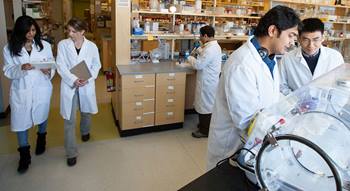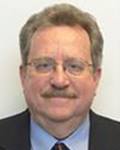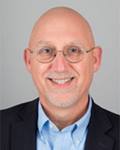Surgery Research
Division of Surgical Sciences

Every significant advance in surgery began with someone who was curious and inquisitive, asked a question, imagined an alternative reality, generated ideas, and turned their ideas into reality to solve a problem.
That same curiosity and drive for excellence is what fuels our robust, diverse research enterprise, which seeks to improve human health and well-being by identifying solutions to challenging problems within and outside of the operating room.
Research Leadership

Richard D. Cummings, PhD, is the S. Daniel Abraham Professor of Surgery in the Field of Nutrition Medicine at Harvard Medical School. He is the Chief of the Division of Surgical Sciences. He is also the department’s Vice Chair of Basic and Translational Research and is the Director of the NIH-funded National Center for Functional Glycomics (NCFG) and the Harvard Medical School Center for Glycoscience both based in the department. In the Department he also serves as the Chair of the Research Council and as Associate Director of its Center for Drug Discovery and Translational Research. He is an international leader in glycobiology and is Chair of the Consortium for Functional Glycomics, a worldwide group of more than 500 principal investigators. Dr. Cummings has been continuously funded by the NIH since the early 1980s along with support from many other extramural sources. His major research interests are in the roles of glycoproteins in cancer biology, inflammation and immunity, and nutrition and metabolism.

James R. Rodrigue, PhD, an international expert on the behavioral health aspects of organ transplantation and donation, is the department’s Vice Chair of Clinical Research. He has a dual appointment at the Harvard Medical School, where he is Professor of Surgery in the Department of Surgery and Professor of Psychology in the Department of Psychiatry. Dr. Rodrigue, funded by the NIH, HRSA (Health Resources and Services Administration), and the Patient-Centered Outcomes Research Institute (PCORI), has major research programs in organ transplantation and donation, including economic and racial barriers to transplantation access, patient-centered clinical outcomes following transplantation and living organ donation, and strategies to increase transplantable organs through deceased and living donation. In addition to his clinical research program, Dr. Rodrigue founded and directed the department’s clinical research infrastructure platform, FIRST (Facilitating Innovative Research and Surgical Trials) Program, and established and currently leads the department’s Research & Academic Mentorship Program in Surgery (RAMPS) for junior faculty.
Division of Surgical Sciences Research Centers
- Center for Drug Discovery and Translational Research
- Center for the Study of Nutrition Medicine
- FIRST (Facilitating Innovative Research and Surgical Trials) Program
- Harvard Medical School Center for Glycoscience
- Rongxiang Xu, MD, Center for Regenerative Therapeutics
All of our divisions have active research programs. We are also home to the Harvard Medical School Center for Glycoscience, which serves as the epicenter of translational research for investigators around the world.
Major Areas of Research
- Cancer biology
- Inflammation and immunity
- Nutrition and metabolism
- Regenerative medicine
- Vascular biology
Our research spans from bench to bedside. We conduct laboratory-based investigations that define the molecular basis of disease; develop novel surgical approaches, tools, and devices; and evaluate the effectiveness of clinical interventions on large populations of patients. We carry out studies that shed light on disparities in the delivery of surgical care or access to treatment for our most vulnerable citizens.
Interdisciplinary collaboration, partnership, and teamwork are essential to solving complex problems. To accelerate innovation and discovery, we have implemented innovative programs that foster collaboration throughout Boston, in both academia and in the life sciences and medical technology industries.
Our mission is to develop more effective approaches for the promotion of health, the prevention of illness, and the treatment of disease. Our obligation is to foster an ecosystem where modern medical miracles — small and large — continue to happen.
